Studies
The European Migration Network produces 3–4 thematic studies per year. The thematic studies address a specific migration-related theme that is current or otherwise relevant. The themes are selected on the basis of proposals made by the National Contact Points and the European Commission. The National Contact Points first prepare national reports regarding the study, based on which the Commission’s service provider writes an EU-level synthesis report. The synthesis reports are available on our website and the EMN’s international website. The national reports concerning Finland are available on our website in bilingual publications in Finnish and English.
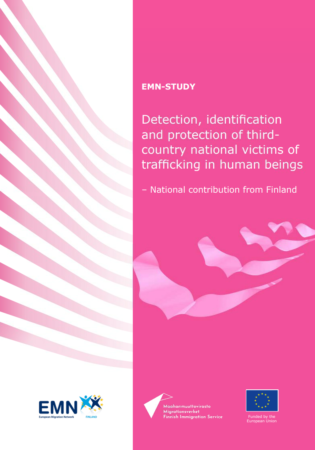
The national report of Finland based on the study ‘Third-country national victims of trafficking in human beings: detection, identification and protection’. The purpose of this report is to establish an overview of Finnish practices pertaining to the detection, identification and protection of third-country national victims of trafficking in human beings. The report also highlights key challenges and good practices that have emerged in anti-trafficking efforts over the years.
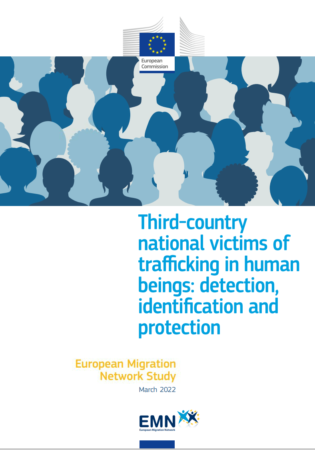
This study aims to provide an overview of existing policies and practices in the EU Member States and Norway towards third-country nationals in a prolonged situation of irregular stay. The overall focus is on those third-country nationals subject to a return decision but whose return was not enforced or was postponed, and those without a return decision who are unknown to the authorities.
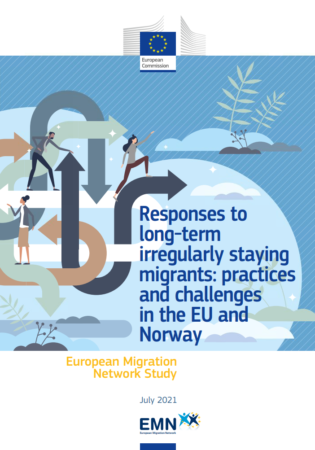
This study aims to provide an overview of existing policies and practices in the EU Member States and Norway towards third-country nationals in a prolonged situation of irregular stay. The overall focus is on those third-country nationals subject to a return decision but whose return was not enforced or was postponed, and those without a return decision who are unknown to the authorities.
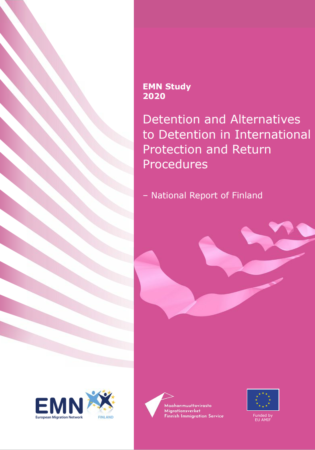
The purpose of this report is to describe the Finnish legislation related to detention and less coercive precautionary measures and provide practical information on the degree to which precautionary measures are used. Furthermore, the report discusses the views of the police, the Border Guard and the Ministry of the Interior concerning whether less coercive precautionary measures really are an effective means of establishing an individual’s identity or the conditions for their entry into the country or, alternatively, to ensure their removal from the country.
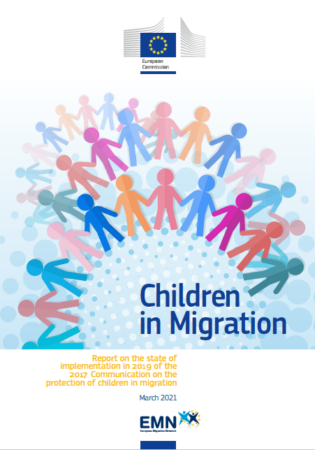
This report maps the progress made by EU Member States and Norway in 2019 in the implementation of the recommended actions laid down in the 2017 Commission Communication on the protection of children in migration, with a view to further understanding progress made in the implementation of the Communication’s recommendations. The scope of this Report is limited to migrant children in the categories set out in the 2017 Communication: accompanied minors/families with children, separated children and unaccompanied minors, including those recorded within the asylum system, not applying for asylum but recorded within other migration procedures, and not applying for asylum, who remain outside the asylum/migration/(child) protection system.
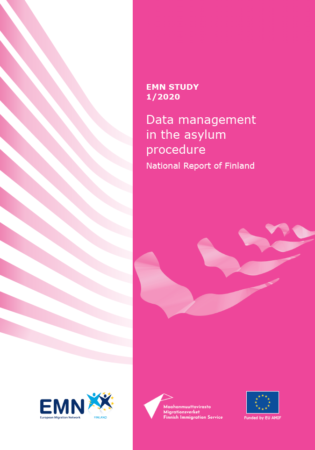
This EMN study focuses on the data collected by various actors involved in the asylum procedure in Finland. It also looks into data protection, information given to applicants in the process, as well as the applicants’ access to data. The study covers the years 2015 to 2020, pointing out the reforms and challenges in data management during this period.
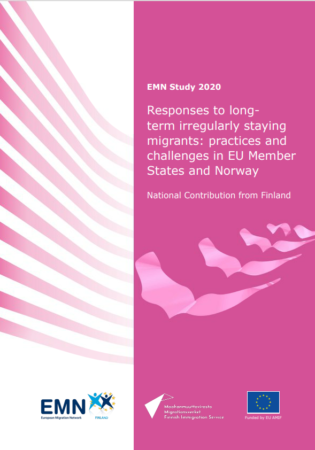
The purpose of this study is to provide an overview of Finland’s responses to the phenomenon of irregular stay. This study aims to shed light on the practices developed in Finland to prevent this phenomenon as well as the most significant challenges faced in this area in Finland.
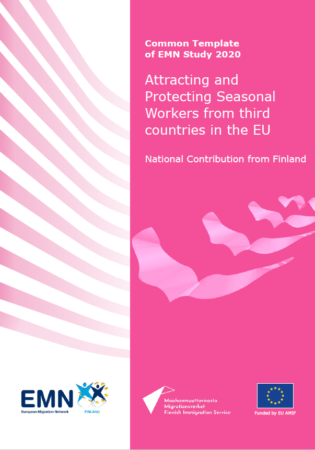
The study maps the profiles of seasonal workers and sectors that typically employ seasonal workers. In additional, the study examines national measures aimed at attracting seasonal workers to Finland.
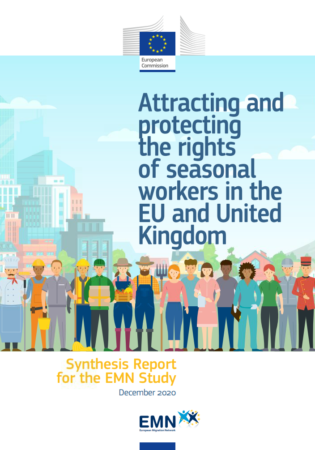
The study primarily covers third-country nationals who enter and reside in an EU Member State for the purpose of seasonal work within the framework of the Seasonal Workers Directive. This study reflects the most recent situation and developments in terms of legislation and policy in Member States, largely focussing on 2019. Developments over the past five years are also considered if relevant.
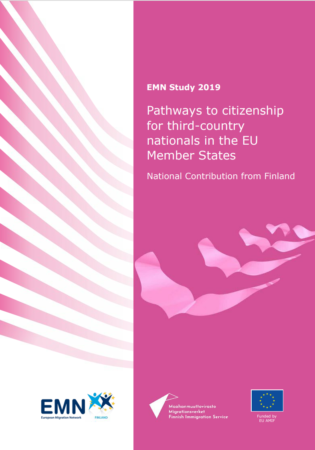
This study examines the prerequisites for citizenship in Finland for third-country nationals and takes a look at how citizenship is present in public debate and integration policy.